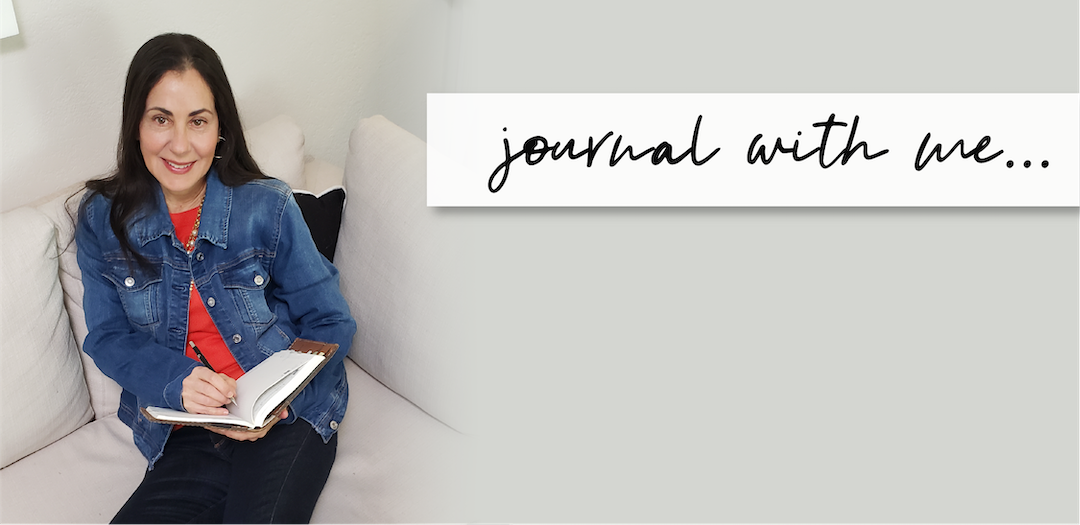Self-compassion is an antidote to self-judgement — that tough inner critic in your head. Self-compassion includes the idea of being kind toward yourself as an imperfect human and also recognizing that you are worthy of care and concern.
It’s important to note that self-compassion is different from self-esteem. Self-esteem is often about accomplishment or comparison to others. And, as self-esteem is often based on an external assessment of your worth, it can desert you when you most need it—when you struggle or fail.
Self-compassion, in contrast, can be called on no matter what. But sometimes we don’t call on it, and that’s a waste of a great tool.
I don’t know about you, but often when I “screw up” self-compassion can be hard to find. By having some tools in your belt that you can practice in advance, you can step into self-compassion more easily.
Here’s an exercise that will help you be your own friend and use loving kindness when you’re struggling:
Think about something you’re struggling with right now. Instead of being your own worst critic, try this self-compassion practice as a way of being your own friend. Then journal to these prompts:
- Name and acknowledge the experience. Observe how you’re feeling. This might lead to writing something like “This is a moment of suffering” or “I am having a hard time” or “I’m feeling terrible.” Write as much as is helpful to name and acknowledge what’s happening then move to the next prompt.
- Remind yourself that you’re not alone, that you’re human and imperfect like all the rest of us. You might reflect and write about people you love and admire who screwed up or failed or didn’t share their best self to help you see that we all struggle.
- Finally, imagine you’re speaking to a beloved friend and with a gentle tone, write to yourself: “May I be kind to myself” or “I wish myself well.” Try placing your hand on your heart, chest or cheek if you find it soothing or grounding. After offering kindness, journal on these questions: “What can I do for myself now? What would help me move on?”
The more you practice these three steps, the easier it will be to adapt a stance of self-compassion.
Here’s a summary of those three steps:
1. Name and acknowledge the experience, observe how you’re feeling,
2. Remind yourself that you’re not alone, we all struggle, and
3. Be your own friend and gently ask, “What can I do for myself now? What would help me move on?”
Would you like some support using tools like the prompts above? Please join me for one of my monthly workshops Write into Joy. I’ll help you build resilience and bring more joy into your days through reflecting on and journaling about your life stories.
Each separate workshop explores a theme to help you reconnect with what you love, discover your own strength and resiliency, savor moments of joy and understand who you are — all through exploring your own experience.

